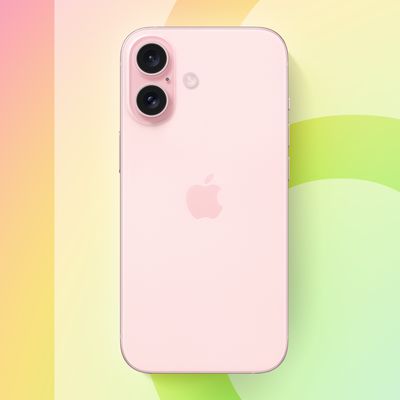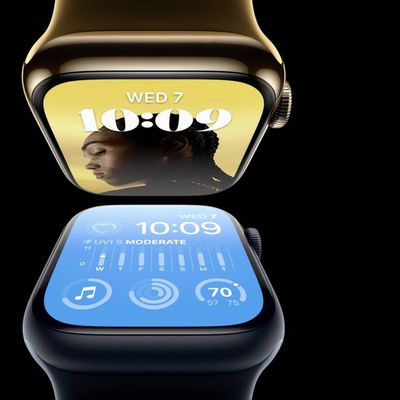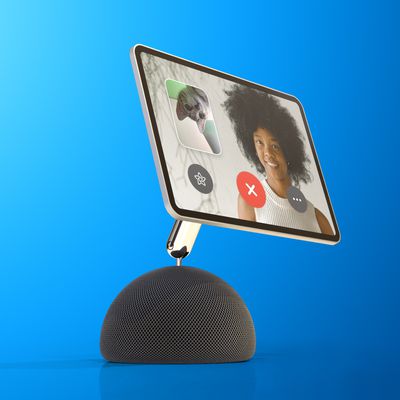Apple is weighing up the use of micro-lens technology to maintain or increase the brightness of OLED displays on next year's iPhone 16 models while potentially reducing their power consumption, reports The Elec.

According to the Korean outlet, Apple display suppliers Samsung and LG have offered to apply micro-lens arrays (MLA) to the OLED panels, but the technology has both pros and cons that Apple needs to consider.
MLA works by using a uniform pattern of billions of lenses inside the panel that reduces internal reflections. These lenses turn the path of light reflected backwards from the inside of the panel towards the screen, which can serve either to increase perceived brightness while maintaining the same level of power consumption, or maintain brightness levels while consuming less power compared to conventional OLED panels at the same luminance.
However, while MLA straightens the path of light to increase frontal luminance, in some use cases it can also reduce side luminance, which from a user perspective narrows the display's field of view. Not only that, applying MLA to the OLED panels would increase the manufacturing cost.
Another complicating factor is that the material sets being developed by the two suppliers are different, and both are still said to fall short of Apple's standards. Apple has yet to give a final response to the MLA application proposal from the Korean companies, according to the report.
Apple's decision appears to hinge on whether the efficiency of the OLED material set can be improved upon between now and when iPhone 16 mass production begins in the second half of 2024.
If the amount of light sent to the front of the panel can be at least maintained at a reduced power consumption rate while avoiding a narrowing of the viewing angle, then MLA implementation may be considered worthwhile. However, this depends on the performance of the OLED material set, and the sets of the two domestic panel companies are said to be different.
Samsung has more experience applying MLA to OLED panels. For example, it has used the technology in some of its own Galaxy S Ultra models, and has also delivered MLA-applied OLED panels to Chinese mobile vendors such as Vivo. LG meanwhile has applied MLA to some of its larger OLED smart TVs, but has little to no experience of applying it to small and medium-sized panels, where the direction of light is adjusted differently.
Looking further ahead, a separate report in May claimed that Apple intends to mass produce more advanced microLED displays in order to lessen its reliance on Samsung and increase its own control over supply, laying the groundwork to realize its ultimate goal of bringing the next-generation technology to iPhones.



















